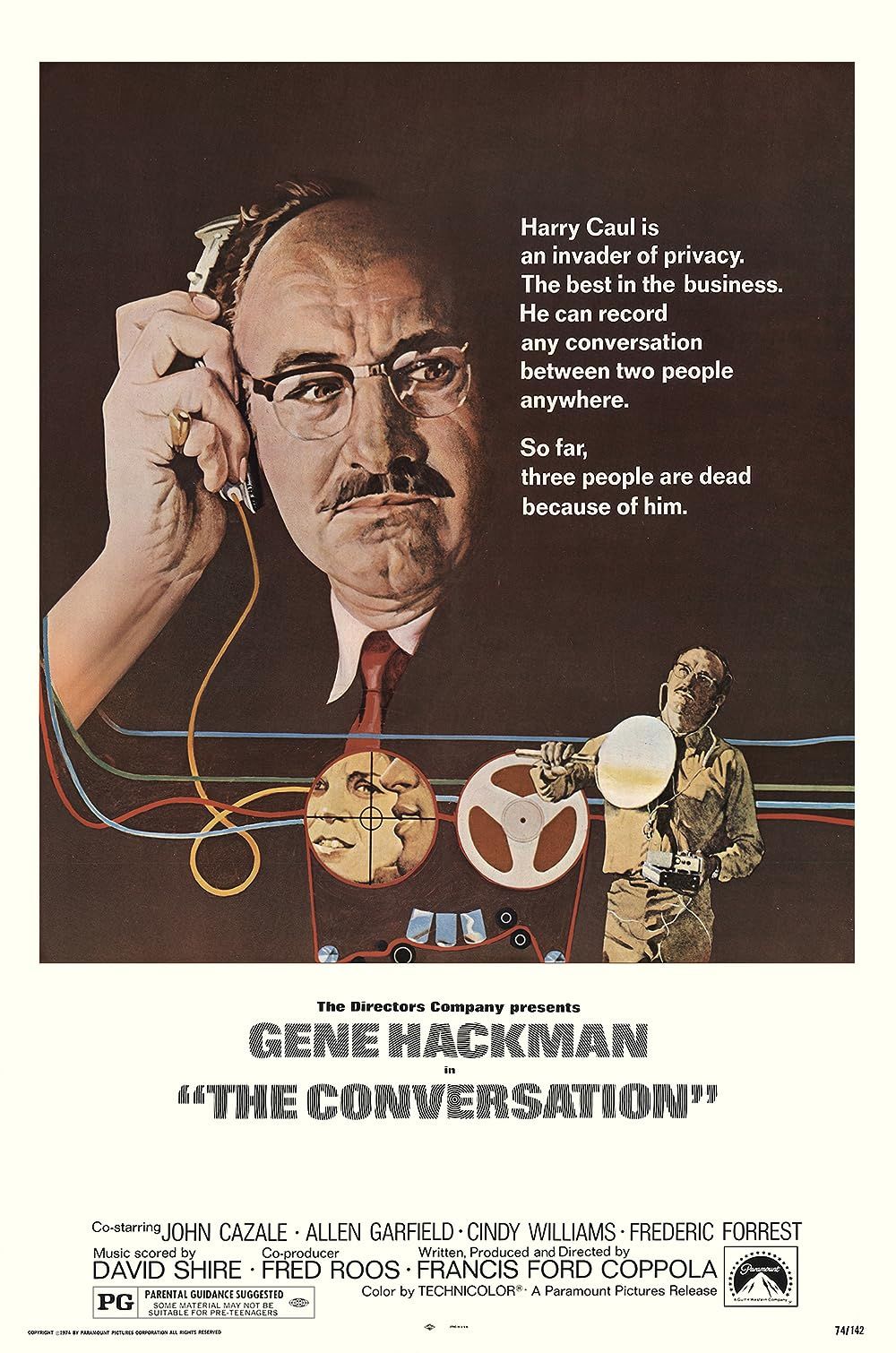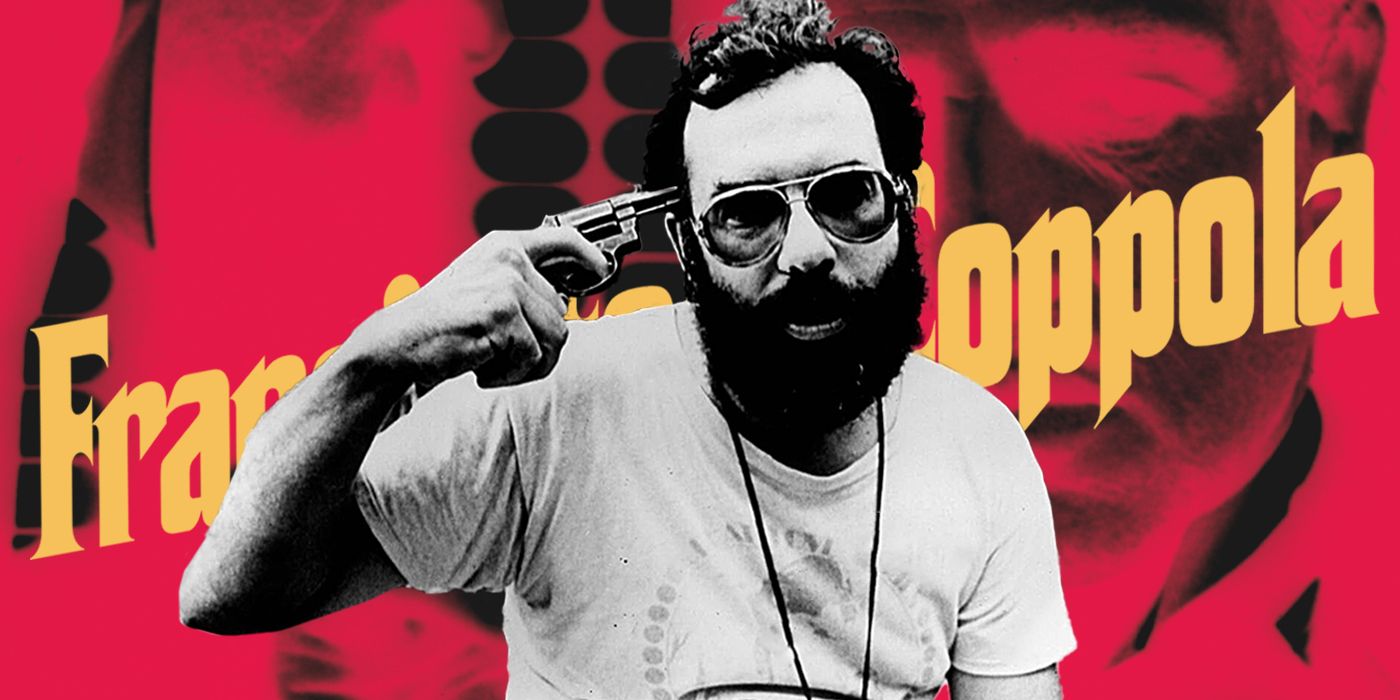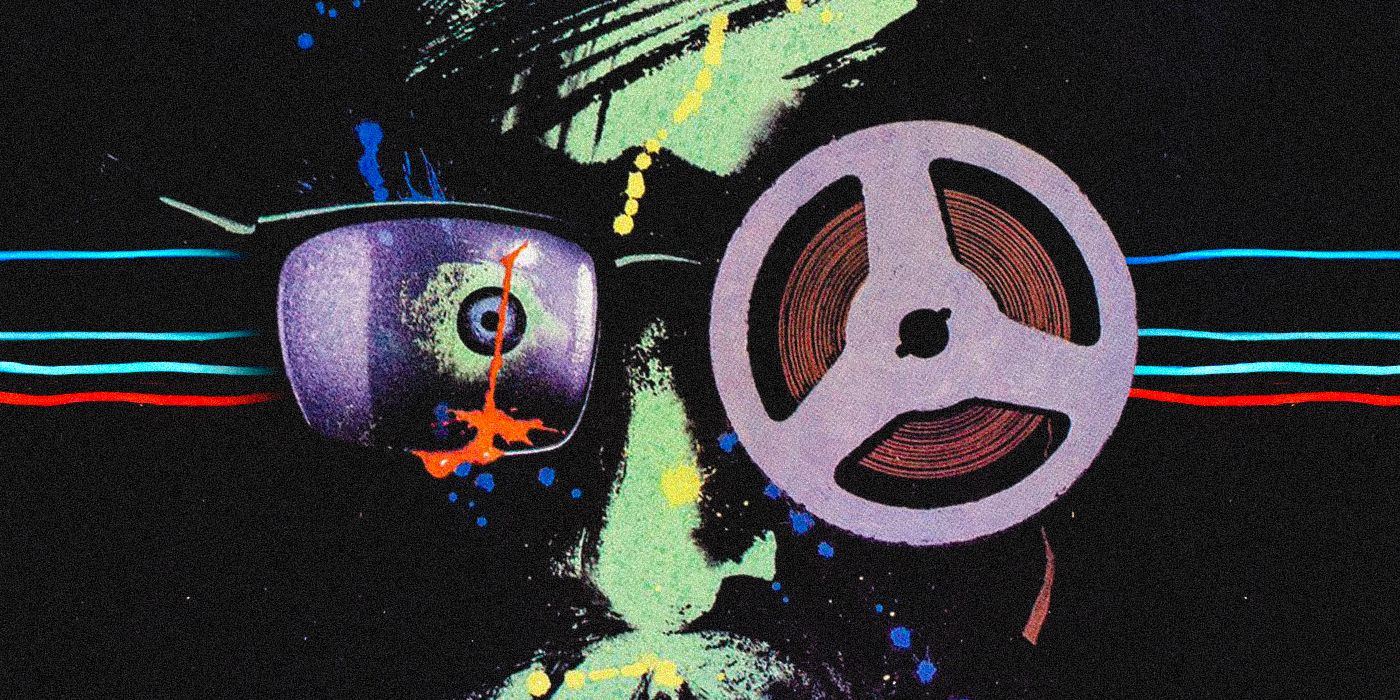The Big Picture
- Surveillance can lead to isolation and paranoia, affecting relationships and mental health - as seen in Harry's tragic journey in The Conversation.
- The film explores the devastating impact of watching and being watched, driving Harry to a state of turmoil and fear.
- The Conversation is a cautionary tale about the dangers of surveillance, showing how it can destroy lives and lead to spiritual death.
Francis Ford Coppola’s unhinged conspiracy masterpiece The Conversation was first released in 1974. The film was riding on the wave of the cultural Zeitgeist at the time, which was highly critical of government corruption after Watergate, The Pentagon Papers, and the failure of the Vietnam War. Numerous films from the period captivated this critical and rebellious sentiment such as The Parallax View, Klute, All the Presidents Men, and Three Days of the Condor among others. But none of these films illustrated the effects of surveillance on the individual as thoroughly as The Conversation. This is a film about watching, and listening, and how that experience changes the protagonist.
Coppola’s film is a taut character study that focuses on the effects of surveillance on a surveillance expert. This is Coppola at the absolute peak of his artistic powers, and every shot seems to pack a potent cinematic punch. Coppola’s camera objectively lurks after Harry like a voyeuristic security camera. The emotional distance of this approach seems to mirror the increasing depth of Harry’s isolation. Throughout the film, we start to become increasingly aware of how Harry’s professional voyeurism and his sense of being watched are changing him in a number of ways.

The Conversation
A paranoid, secretive surveillance expert has a crisis of conscience when he suspects that the couple he is spying on will be murdered.
- Release Date
- April 7, 1974
- Director
- Francis Ford Coppola
- Cast
- Gene Hackman , John Cazale , Allen Garfield , Frederic Forrest , Cindy Williams , Michael Higgins
- Runtime
- 113 mins
- Main Genre
- Drama
- Writers
- Francis Ford Coppola
- Studio
- Paramount Pictures
'The Conversation' Tells the Story of a Lonely, Paranoid Man
Coppola’s film drew inspiration from Michaelangelo Antonioni’s Blow-Up, but the film really sets its own path from the get-go and digs deep into territory that had never been really explored in cinema before. Coppola’s film is characterized by a taught slow-burning tension that unravels as surveillance expert, Harry Caul (Gene Hackman), obsesses over a conversation between two lovers. Harry was hired by a wealthy client to record a conversation between a couple walking around a busy Union Square in San Francisco. The film opens with Harry and his team recording the couple. Harry prides himself on being professionally objective and that his only interest is in the successful technical execution of the job. The Union Square job is an immensely complex operation and Caul’s successful recording is a work of technical and professional artistry. However, after the job, Caul reviews the recordings and begins to suspect all is not what it seems, and starts to fear for the lives of the couple.
Some noticeable ways by which Harry starts to change as a consequence of his surveillance and watching activities is that he becomes more paranoid and isolated. To some degree, these qualities are baked into the fabric of Harry’s character from the get-go, but there is a clear sense of an arc or journey into a state of chaos. As the film commences, there is a sense of Harry as an awkward individual. He’s a man who tends to avoid human interaction and retreats from emotional relationships. Harry’s constant need for privacy and security has resulted in a discernible lack of trust. This is really built into all of Harry’s behaviors and relationships. One only has to look at the multiple locks on his apartment door, his strict use of payphones, and his lies about owning a phone, to understand that Harry is a very guarded and lonely individual. But it’s not initially entirely clear why, or how he became like this.
Gene Hackman's Harry Feels the Weight of Guilt in 'The Conversation'
It becomes clear that Harry is struggling to overcome a deep sense of guilt for a surveillance job he did that resulted in the murder of three people. The weight of Caul’s guilt is bolstered by his Catholicism. Considering this, it is understandable that Harry’s practice of watching and professional surveillance has left a stark impression. The trauma of his past has ingrained his sense of moral responsibility and this fuels Harry’s need to ensure nothing bad will happen as a result of his work on the Union Square job. This is evident by Harry listening back to the tapes, and replaying the conversation between the lovers, obsessing over it. When Harry is meant to hand over the tapes to the employer personally but finds the employer is away and an assistant (Harrison Ford) is eager to take the tapes, Harry’s suspicions are roused. Harry flat out refuses to hand the tapes over and says he will wait until the employer (Robert Duvall) returns. This outcome increases Harry’s sense of paranoia and his belief that there is something more ominous in the subtext of the recording. Harry uses his technical skill and discovers a part of the conversation which wasn’t audible, in which the man tells the woman, “He’d kill us if he got the chance." Naturally, this sets off alarm bells for Harry, and as his fears increase, he starts to increasingly isolate himself.
Harry has an intimate relationship with a woman living in an apartment, Amy (Teri Garr). There is a noticeable distance between Harry and Amy. She clearly longs to connect with Harry, but when she expresses this and tries to show him affection, Harry closes up and retreats. Harry is very secretive in entering the apartment block, as he discretely navigates the darkened hallway to Amy’s door, and is hesitant to enter. There’s a clear sense of routine to the relationship, and it’s clear that his inability to open up and share with her is causing her a great deal of pain. She longs to know more about him and his life. But Harry and Amy’s relationship is somewhat doomed from the start because Harry is compelled by his anxieties and a powerful need for security. This fact is gradually revealed throughout the film. Harry does this to protect himself, but his behavior, unbeknownst to him, is a highly self-destructive pattern.

10 Great Movies Recommended by Francis Ford Coppola
Movies that will leave you Apocalypse Wowed.Harry doubles down and becomes more precise and more cautious in his study of the surveillance recordings. He effectively isolates himself and cuts off ties with lovers and colleagues. Amy tells Harry she can’t continue the relationship, living in the hope of him opening up and effectively ending the romance. The more concerned Harry gets about the job, the more he retreats from normal human contact and becomes highly insular.
'The Conversation' Shows How Relationships Suffer Due to Secrecy
His relationships with professional colleagues are maligned by a similar lack of trust. One of his colleagues, Stanley (John Cazale), clearly has immense respect and admiration for Harry’s work, and a strong desire to learn and connect with him. But Harry is afraid to reveal anything about his work, even with the people he works with. Harry is overly fearful of having his techniques stolen or misused. His relationship with Stanley disintegrates because Stanley wants to be trusted and embraced professionally by Harry as a friend. But Harry’s insecurities really only get worse, as his concern over the Union Square job escalates. Harry puts up his guard, and his anxieties act as a wedge between him and Stanley, and ultimately pushes Stanley to take a job somewhere else.
Another example demonstrating how surveillance/watching has marred his personal relationships and isolated Harry can be witnessed during a party scene. After a conference, Harry and some professional colleagues return to Harry’s workspace to drink and hang out. Harry is clearly really distressed by his suspicions about the Union Square job, but he’s trying his best to let loose and unwind. But when Harry is having an intimate conversation with a woman and tries to confide his fears to her, he discovers a bug on him. This triggers Harry, who feels betrayed, and the shame and humiliation of this causes him to snap, and end the party. Essentially, the breakdown of Harry’s relationships and his increased isolation are all a product of his initial Union Square surveillance job. In effect, watching and the sense of being watched make Harry more isolated, allowing for Harry’s paranoia to spiral out of control.
Nobody Wins in 'The Conversation'
When Harry goes to the hotel at the end of the film to try and cast his suspicions aside, he witnesses a murder through the glass in a neighboring room. Harry believes the woman from the recording has been killed and immediately has a breakdown. He falls down on the bed, paralyzed with fear. Eventually, he gets up and, uncertain of what really happened, he breaks into the room and finds it’s perfectly clean and arranged as if nothing had happened. When Harry goes into the bathroom and flushes the toilet, it starts to overflow with blood, spilling everywhere. This iconic imageclarifies to Harry that something terrible has happened. But this is also a powerful metaphor for the inner turmoil and trauma that Harry experiences as a result of surveillance. When watching veers into obsession and paranoia, even when justified, the personal cost for Harry is incredibly high. The overflowing toilet is almost like Harry’s unconscious spilling into reality, confirming all his worst fears.
There are no winners in The Conversation, and Harry’s exploits have only served to destroy his morale and leave him in a state of mental anguish and fatigue. Harry’s fear of being watched increases his sense of paranoia and alienation. The more Harry feels watched the more desperately he tries to ensure his personal security. This is taken to such extremes that Harry retreats from all his personal and working relationships. Harry starts to self-censor thoughts, feelings, and actions and propels a self-inflicted, state of hellish paranoia. He becomes so concerned he’s being watched that he dismantles his entire apartment searching for a sound bug. This movie is a powerful warning shot, a parable for the modern world that illustrates that the cost of surveillance or watching, isn’t just a loss of physical privacy, it’s spiritual death.
The Conversation is currently available to rent or buy on Apple TV+ in the U.S.


